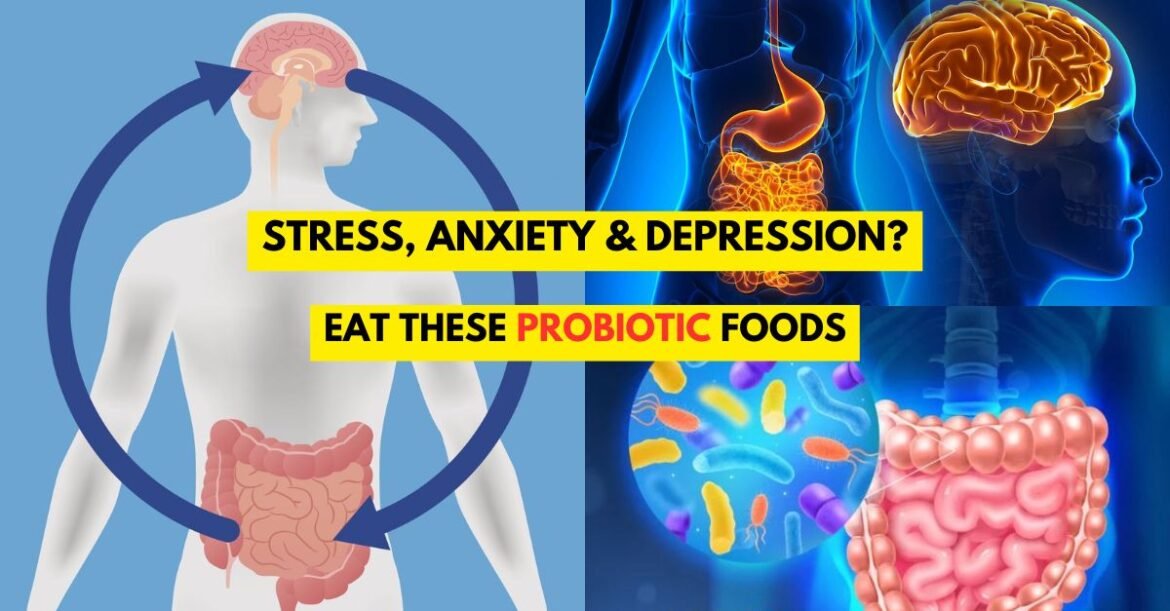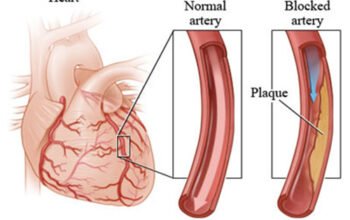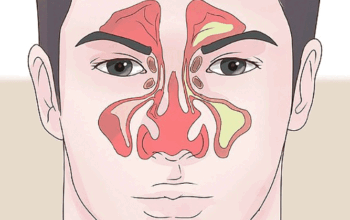For years, depression has been linked to a “chemical imbalance” in the brain, but recent research suggests the issue is far more complex. While the traditional theory focuses on neurotransmitter imbalances, it doesn’t address the root causes of depression. Scientists now believe that factors such as chronic stress, inflammation, and gut health play a crucial role in mood disorders.
Gut Health and Mental Wellness
The human gut is home to over 400 species of bacteria at any given moment. These bacteria, along with others found on the skin and elsewhere, contain genetic material that far outnumbers the genes in all the cells of the body combined. In fact, the gut microbiome alone is thought to encode around 3.3 million genes. One of the primary functions of gut bacteria is to protect the body by preventing harmful pathogens from entering the bloodstream through the digestive tract.
Gut bacteria don’t just influence digestion; they play a significant role in boosting the immune system, impacting brain function, and maintaining overall health.
Probiotics and Mental Health
A study conducted at Griffith University in Queensland, Australia, analyzed the results of seven prior studies involving over 300 participants. The researchers investigated the effects of probiotics on stress, anxiety, and depression. Their conclusion?
“The meta-analysis showed that supplementation with probiotics resulted in a statistically significant improvement in psychological symptoms compared with placebo.”
While this study suggests the potential benefits of probiotics for mental health, further research is needed to confirm these findings.
A study published by the Proceedings of the National Academy of Sciences found that Lactobacillus rhamnosus, a strain of bacteria found in yogurt, showed positive effects in reducing anxiety and depression in mice. Researchers attributed this to its impact on the gamma-aminobutyric acid (GABA) system, which is linked to mood regulation.
See also: Ease Anxiety and Headaches with This Lavender Lemonade (Recipe)
Oxford University neurobiologists also discovered that prebiotics have powerful anti-anxiety effects. Prebiotics, unlike probiotics, are fibers that feed the good bacteria already present in the gut. Dr. Philip Burnet, the study’s lead author, explained:
“Prebiotics are dietary fibers (short chains of sugar molecules) that good bacteria break down, and use to multiply. Prebiotics are ‘food’ for good bacteria already present in the gut.”
The Oxford study involved 45 healthy adults, aged 18 to 45, who were given either a prebiotic or a placebo for three weeks. Their mental state was evaluated through tests analyzing emotional information. Those who took the prebiotic showed reduced sensitivity to negative stimuli and lower levels of anxiety. Additionally, saliva tests indicated lower cortisol levels, a hormone associated with stress and anxiety.
The Gut-Brain Connection
There is growing evidence that the gut-brain axis—a bidirectional communication pathway between the gut and the brain—plays a crucial role in mental health. Dr. Kirsten Tillisch, who led a study on this connection, noted:
“Time and time again, we hear from patients that they never felt depressed or anxious until they started experiencing problems with their gut. Our study shows that the gut–brain connection is a two-way street.”
According to Ted Dinan, a professor of psychiatry at University College Cork, there are three main mechanisms linking gut bacteria to mental health:
- Gut bacteria are essential for the production of neurochemicals such as serotonin and dopamine.
- These neurochemicals, in turn, influence the release of stress hormones like cortisol.
- Gut bacteria help regulate the immune system and control inflammation, which is now considered a major contributor to depression.
Healing the Gut for Better Mental Health
Mental health is a complex issue, influenced by many factors including stress, inflammation, and diet. Since a healthy diet is key to overall well-being, making smart food choices can significantly improve both gut and mental health.
Read more: How Fasting for 72 Hours Can Reset Your Immune System
To promote a healthy gut, avoid foods high in sugar, alcohol, and processed ingredients. Instead, focus on consuming fresh fruits, vegetables, whole grains, legumes, and nuts. Incorporate probiotic-rich foods, anti-inflammatory spices, and stay hydrated. Regular exercise, stress management, and quality sleep are also essential for maintaining gut health. Additionally, if you’ve taken antibiotics, be sure to replenish your gut bacteria with probiotics.
Foods Rich in Probiotics and Prebiotics
To help restore and maintain a healthy gut, include the following probiotic-rich foods and beverages in your diet:
- Kefir
- Miso
- Sourdough bread
- Yogurt
- Sour cream
- Kombucha
- Sauerkraut
- Cottage cheese
- Kimchi
- Tempeh
- Natto
- Lassi
By making small but impactful changes to your diet, you can support both your gut and mental health, helping to manage or even prevent anxiety, depression, and stress. Take the first step toward a healthier you today!






